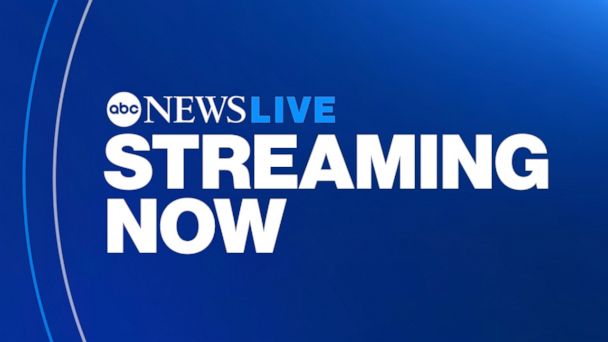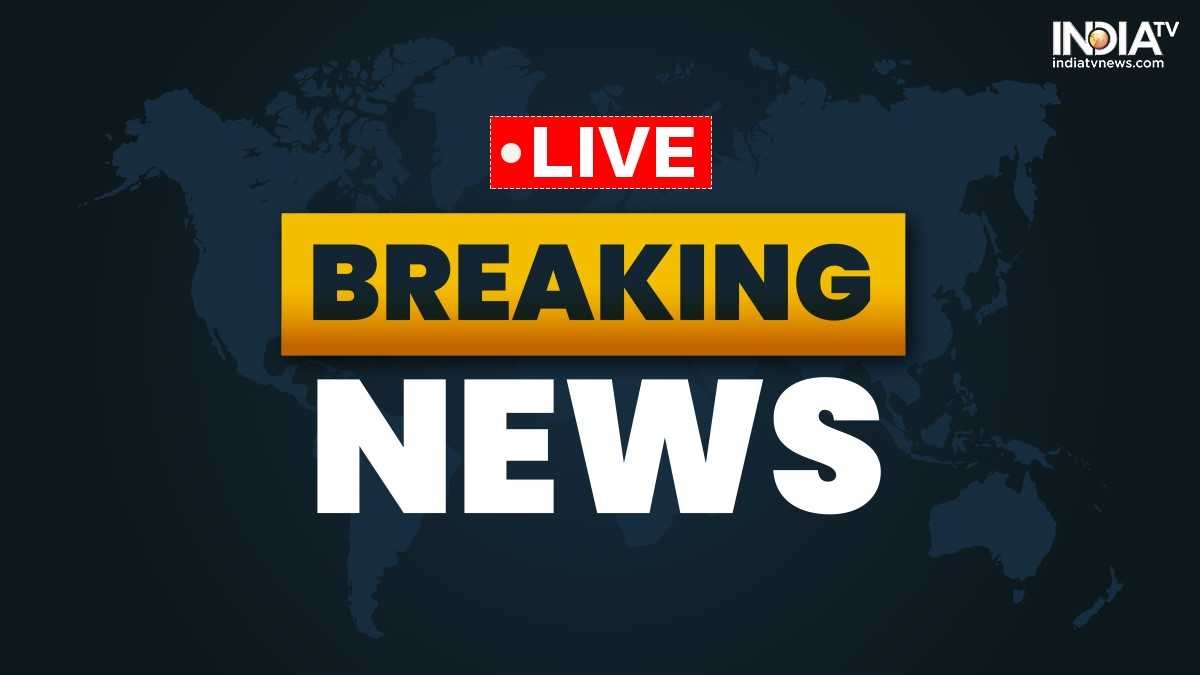In an age saturated with information, understanding where our news comes from and how it's presented has never been more crucial. From breaking alerts about global health crises to in-depth analyses of geopolitical events, the sheer volume of daily updates can be overwhelming. Amidst this torrent, outlets like RT News stand out, often sparking debate and demanding a closer look at how we consume and interpret the information they provide.
The digital revolution has transformed how we access news, shifting from traditional broadcasts and print to a constant stream of online content. This accessibility, while empowering, also presents a complex challenge: discerning reliable information from misinformation. As we delve into the world of "news rt news" – or more broadly, the news presented by RT and other global outlets – it becomes clear that critical thinking and media literacy are not just valuable skills, but essential tools for navigating our interconnected world.
The Evolving Landscape of Global News
The way we receive news has undergone a seismic shift. Gone are the days when a morning newspaper or an evening broadcast were the primary sources of information. Today, news is instantaneous, global, and often fragmented, delivered directly to our devices through a myriad of platforms. This constant influx means that staying informed is easier than ever, but it also necessitates a more discerning approach to what we consume. From established giants like BBC News to newer, digitally native outlets, each source contributes to a vast and often contradictory tapestry of information.
- What Does Taylor Swifts Parents Do
- Goonies Cast
- Sally Struthers
- Apollo Nida
- Jacqueline Macinnes Wood Children
The speed at which information travels means that stories can evolve rapidly. What's reported as a "news brief today at 3:11 p.m." might be updated significantly by "news brief today at 3:30 p.m." This rapid cycle demands that consumers remain vigilant, understanding that initial reports may lack full context or accuracy. The challenge isn't just about finding news; it's about finding *reliable* news in a perpetually updating environment.
The Rise of Digital News Briefs
The modern news cycle is characterized by brevity and speed. We're accustomed to "news brief today at 2:12 p.m." or "news brief 53 minutes ago" alerts popping up on our screens. These short, sharp updates are designed for immediate consumption, fitting into our busy lives. While convenient, they often provide only the bare minimum of information, sometimes without the necessary background or nuance. This format can lead to a superficial understanding of complex issues, making it harder to grasp the full implications of events, such as the global health crisis involving bird flu.
For instance, a brief might state that "BBC News: the current wave of bird flu is the worst one ever in Europe, and in the US, a hundred and sixty million domestic birds worldwide have been killed by this virus." While factual, such a brief doesn't explain the epidemiological context, the economic impact, or the human health risks. It merely presents a stark statistic, leaving the reader to seek further details, if they choose to do so. This highlights the double-edged sword of digital news briefs: they keep us updated, but they also require us to actively seek deeper understanding.
RT News: A Unique Voice in the Global Media Sphere
When discussing global news outlets, RT News (formerly Russia Today) often emerges as a focal point of discussion. Launched in 2005, RT positions itself as an alternative voice, aiming to provide a Russian perspective on global events that it argues is often overlooked or misrepresented by mainstream Western media. It broadcasts in multiple languages, reaching a vast international audience.
The mission of RT, as stated by its founders, is to "present a comprehensive picture of the world" and "show the world through Russia's eyes." This explicit framing means that its coverage of geopolitical events, international relations, and even domestic issues within other countries, often aligns with the foreign policy objectives and narratives of the Russian government. This distinct editorial line is what differentiates RT News from many other international broadcasters and is a key factor in how its content is perceived and analyzed globally.
For example, how RT might cover a major international summit, a conflict zone, or even an internal protest in a Western nation, could differ significantly from the coverage provided by, say, CNN or Al Jazeera. Understanding this inherent perspective is crucial for anyone consuming "news rt news." It's not just about what is reported, but how it is framed, what is emphasized, and what might be omitted. This makes RT a fascinating case study in media studies and a critical component of discussions around media bias and state-sponsored broadcasting.
Decoding Information: The Challenge of Bias and Perspective
Every news organization, whether consciously or unconsciously, operates with a degree of bias. This isn't necessarily malicious; it can stem from the cultural background of its journalists, the political leanings of its ownership, or the national interests it represents. The challenge for the news consumer is to identify these biases and understand how they shape the information presented. This is particularly relevant when engaging with "news rt news," given its stated mission and funding structure.
Bias can manifest in various ways: the choice of stories to cover, the language used, the experts interviewed, or even the images selected. Two different outlets can report on the same event, yet present vastly different narratives simply by emphasizing different aspects or using emotionally charged language. Recognizing these subtle cues is a cornerstone of media literacy.
Understanding Editorial Stances
An editorial stance is the overall viewpoint or policy adopted by a news organization. For RT News, its editorial stance is largely understood to reflect the official positions of the Russian state. This influences its reporting on a wide range of issues, from conflicts in Ukraine to the political stability of Western democracies, and even global health crises. For instance, while a BBC News report on the bird flu outbreak might focus heavily on public health warnings and the scientific consensus, an RT report might emphasize different aspects, perhaps focusing on economic impacts or international cooperation (or lack thereof) from a particular geopolitical angle.
Understanding these stances helps us to critically evaluate the information. It encourages us to ask: "Whose perspective is being prioritized here?" and "What alternative perspectives might be missing?" This isn't about dismissing a source outright, but rather about consuming its content with an informed awareness of its potential leanings. By comparing "news rt news" with reports from other international outlets, one can begin to construct a more comprehensive and balanced understanding of global events.
Navigating Sensitive Topics: A Case Study in Public Health Reporting
The "Data Kalimat" provided offers a glimpse into the complexities of reporting on public health crises, particularly the ongoing bird flu epidemic. The statement, "BBC news the current wave of bird flu is the worst one ever in Europe, and in the US, a hundred and sixty million domestic birds worldwide have been killed by this virus," highlights the scale of the problem. Such information, falling under the YMYL (Your Money or Your Life) category, demands accurate, responsible, and context-rich reporting.
Further, the concern expressed, "I’m actually quite nervous about that case, I think that, from what we know, as you probably heard in the news, this case had no known link to exposure to H5N1," points to the human dimension of such outbreaks and the anxieties they generate. When a human case of a zoonotic disease like H5N1 emerges without a clear exposure link, it raises significant public health questions and underscores the need for precise communication from authorities and news outlets alike. Lisa Schnirring, a recognized expert in emerging topics and avian influenza, frequently covers these issues, and her work often highlights the epidemiological alerts issued by organizations like the Pan American Health Organization (PAHO) for "rising" concerns.
For any news outlet, including RT News, reporting on such sensitive health topics carries immense responsibility. Misinformation or sensationalism can lead to panic, distrust, or even harmful actions. The public relies on accurate data, clear explanations of risks, and guidance from reputable health organizations. Therefore, when consuming "news rt news" or any other outlet's coverage of health crises, it is paramount to cross-reference information with official health bodies like the WHO, CDC, or PAHO, and to be wary of any claims that deviate from established scientific consensus.
The Imperative of Verification and Critical Thinking
In the digital age, the ease with which information can be shared means that unverified claims or even deliberate disinformation can spread like wildfire. This makes the ability to verify information and apply critical thinking skills more important than ever. E-E-A-T (Expertise, Experience, Authoritativeness, Trustworthiness) principles are not just for content creators; they are vital guidelines for consumers too.
When you encounter a piece of news, whether it's from "news rt news" or a social media post, ask yourself:
- **Who is the source?** Is it a recognized news organization, an individual, or an anonymous account?
- **What is their expertise on the topic?** Is Lisa Schnirring, who covers "avian influenza (bird flu) cholera," reporting on public health, or is it an influencer discussing medical treatments?
- **Is the information authoritative?** Does it cite official reports, scientific studies, or expert opinions?
- **Can it be trusted?** Does the source have a track record of accuracy? Is the information presented objectively, or does it seem designed to provoke a strong emotional response?
Why You Should Never Take Medical Advice from the Internet
The "Data Kalimat" explicitly states: "Forum do not take medical advice from the internet, If you have any medical questions please consult your medical practitioner." This cannot be stressed enough. While news articles, including those from "news rt news," may report on medical breakthroughs, disease outbreaks, or health policy, they are not substitutes for professional medical advice.
The internet is rife with anecdotal evidence, unproven remedies, and even dangerous misinformation regarding health. For topics as critical as health, relying on unverified online sources can have severe, life-threatening consequences. Always consult a qualified medical professional for any health concerns. News outlets provide information; medical practitioners provide personalized, evidence-based care. This distinction is fundamental to responsible health management and is a cornerstone of the YMYL principle.
The Role of Official Statements and News Threads
In an environment where news travels fast and can be quickly distorted, official statements from government bodies or recognized organizations play a vital role. The reference to "Mary Wilson posted the Idaho government statement on the news thread a minute before Treyfish and it is still there, Please see the news thread," underscores the importance of accessing primary sources directly. Official statements often provide the most accurate and unadulterated information on a particular issue, free from the interpretive layers of news reporting.
News threads, forums, or comment sections can also be valuable, but they come with significant caveats. While they can foster discussion and sometimes provide diverse perspectives, they are also breeding grounds for speculation, rumor, and unverified claims. It's crucial to differentiate between an official statement posted within a thread and the subsequent comments or discussions. Always prioritize the original, verified source, especially when dealing with critical information.
When engaging with "news rt news" or any other outlet, seeking out the original government press release, the scientific paper, or the direct statement from an international body like PAHO, can provide a clearer and more reliable picture than relying solely on the news report itself. This practice of going to the source is a hallmark of strong media literacy.
Cultivating Media Literacy in the Digital Age
In a world where "news rt news" is just one of countless sources competing for our attention, cultivating strong media literacy skills is paramount. This isn't just about identifying fake news; it's about understanding the nuances of how information is created, disseminated, and consumed. It involves recognizing bias, evaluating sources, understanding context, and being aware of one's own predispositions.
Media literacy empowers individuals to be active, critical consumers of information rather than passive recipients. It encourages a healthy skepticism, not cynicism, and promotes the habit of seeking multiple perspectives before forming an opinion. This skill set is increasingly vital for democratic participation, personal well-being, and navigating the complexities of modern life.
Beyond the Headlines: Digging Deeper for Truth
The fast-paced nature of "news brief today at 3:11 p.m." means that headlines and initial reports often capture only a fraction of the full story. To truly understand an issue, one must be willing to dig deeper. This involves:
- **Reading beyond the headline:** The headline is designed to grab attention; the article's body contains the details.
- **Seeking out multiple sources:** Compare how different outlets, including "news rt news" and others like BBC, report on the same event. Look for common threads and divergences.
- **Checking the "About Us" page:** Understand the mission, funding, and editorial policies of the news organization.
- **Looking for evidence and citations:** Are claims backed by data, expert quotes, or links to original documents?
- **Considering the context:** Is the event being reported in isolation, or is it placed within a broader historical, social, or political context?
By consistently applying these practices, consumers can move beyond superficial understanding and gain a more nuanced, accurate, and comprehensive grasp of the world's events.
The Future of News Consumption and RT News's Place
The landscape of news consumption will continue to evolve, driven by technological advancements and changing societal habits. Artificial intelligence, personalized news feeds, and immersive media experiences are already shaping how we interact with information. In this dynamic environment, outlets like RT News will continue to play a role, whether as a primary source for some, or as a contrasting perspective for others.
The ongoing challenge for individuals will be to remain adaptable and discerning. The responsibility for informed citizenship increasingly rests on the consumer to actively seek out diverse perspectives, verify facts, and apply critical thinking to every piece of information encountered. While "news rt news" offers a particular lens on global events, it is just one piece of a much larger, intricate puzzle. The future of news consumption is not about passively accepting what is presented, but about actively constructing an informed worldview through diligent inquiry and thoughtful analysis.
Ultimately, navigating the information highway successfully means embracing lifelong learning in media literacy. It means understanding that while news provides updates, true comprehension comes from critical engagement. So, the next time you encounter a "news brief today," take a moment to consider its source, its context, and its potential implications. Your informed perspective is invaluable in shaping a well-informed society.
What are your strategies for navigating the vast world of news and identifying reliable sources? Share your thoughts and tips in the comments below, or explore other articles on our site for more insights into media literacy and global affairs.


